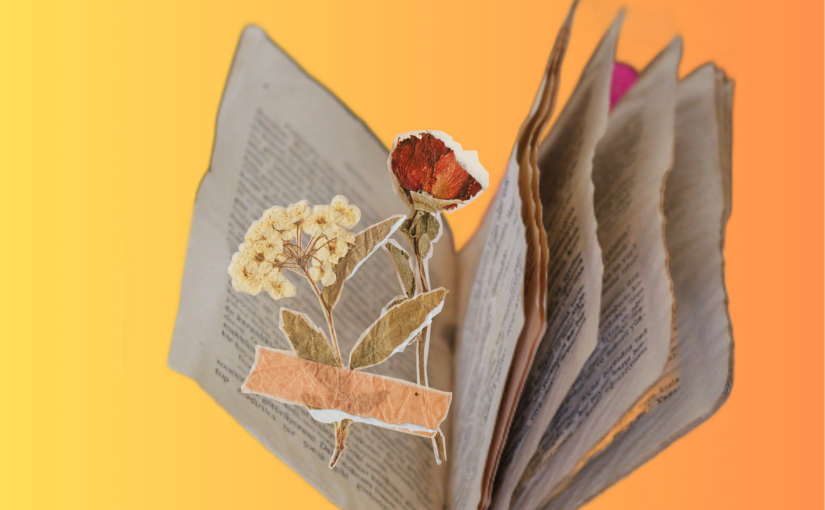23 octubre, 2023
By Sansón Berriedale Johnson and Misha Carlson from La Mezquita Psychedelic retreat centre
What is Integration?
In its most general sense, integration is when something incorporates itself fully into something else. Think of it as a person moving to a new country. They embark on a journey to find their place in a new life, discovering new horizons, making friends, adapting to a new culture, and navigating the challenges of breaking old habits. Similarly, a significant psychedelic experience can be as transformative as starting a new life in a foreign land. It opens up new perspectives, unveils hidden truths, and presents the individual with the task of reshaping their understanding of themselves and the world.
Entheogenic Research Integration and Education (ERIE) offers a poignant definition of integration as «the process by which the material accessed and insights gained in a [psychedelic] experience are incorporated over time into one’s life in a way that benefits the individual and their community.» In essence, it’s about bringing the wisdom and insights gained during a psychedelic journey into your daily life: think of integration as the practice that can make psychedelic experiences transformative.
While therapists, teachers, friends, and support groups can be valuable resources in your integration journey, the real work lies within you.
Integration as a Process
Integration is not a one-time event; it’s an ongoing endeavor. Just as healing and personal growth are processes that take time, so is integration. It’s a journey that requires patience, self-compassion, and dedication. Behavior change, adopting new perspectives, and establishing self-care practices don’t happen overnight. Integration is about the gradual assimilation of the lessons learned and the changes desired into your life.
What Integration is Not
Integration doesn’t happen overnight and it’s not a service you pay for or outsource. In other words, integration is not a process that can be delegated or ignored: While therapists, teachers, friends, and support groups can be valuable resources in your integration journey, the real work lies within you. Imagine having a personal trainer who exercises on your behalf; you won’t get fit unless you put in the effort. In the same way, integration requires your commitment and dedication to implementing the changes you aspire to make. Ultimately, psychedelic integration is about taking responsibility for your transformation.
Integration is about the gradual assimilation of the lessons learned and the changes desired into your life.
Integration Tools: Returning to Your True Self
A multitude of activities, practices, and tools can greatly aid the integration process. As you explore these tools, you’ll notice a common thread running through them – they all foster self-observation and deep reflection, encouraging a return to your authentic self, your divine essence.
Integration practices can help you reconnect with what brought you joy as a child – singing, dancing, imaginative play, and creativity. They can enable you to embrace presence and joy, dispelling the anxieties of an uncertain future and letting go of the worries of the past to see the perfection of the present moment.
Psychedelic integration is a profound journey of self-discovery and transformation. It’s not a one-size-fits-all process, and what works best for you may differ from others. The key is to embrace the ongoing nature of integration, take responsibility for your growth, and use a combination of practices and tools that resonate with you to fully incorporate the wisdom gained from your psychedelic experiences into your daily life.
In this first part of our integration series, we’ll begin with journaling, a powerful tool that can enable you to process, reflect on, and ground your experiences.
A guide to integration journaling
Below you’ll find a list of journaling prompts tailored specifically to psychedelic integration. These prompts will help you reflect on your psychedelic journey, explore its insights, and think about your intentions. Don’t worry about doing them all. Start by selecting a few that speak to you and take your time with them- the deeper you can dive, the better. You can come back to this list and explore it further at any time.
1. Descriptive Reflection
Describe the setting and sequence of your experience:
-Who were you with?
-Where were you?
-How did the journey unfold?
-Detail any specific visuals, sounds, or sensations you remember.
-Were there moments of peak intensity or calm? Describe them.
2. Emotional Exploration
-What emotions were most prominent during your journey?
-Did you encounter any fears or anxieties? What were they centered around?
-Were there moments of profound joy, love, or connection? If so, what were those feelings centered around?
3. Insights and Realizations:
-What new insights did you gain about yourself?
-Were there any realizations about your relationships, career, or life direction?
-Did you have any spiritual or philosophical revelations?
4. Challenges and Difficulties
-Were there parts of the experience you found challenging or difficult to navigate?
-How did you handle these challenging moments?
-In hindsight, is there anything you would’ve done differently?
5. Symbols and Themes
-Were there any recurring symbols, animals, or themes throughout your journey?
-What might these symbols or themes represent in your life?
6. Body and Physical Sensations:
-How did your body feel during the experience?
-Did you have any specific somatic sensations or releases?
7. Comparison to Past Experiences
-How does this psychedelic experience compare to any past journeys or significant life experiences?
-Were there recurring patterns, issues, or themes? If so, are these themes that you’d like to explore further?
8. Integration and Application
-How can you integrate the insights or lessons from this experience into your daily life?
-Are there specific steps or changes you want to make based on what you’ve learned?
-How do you feel the experience will impact your future decisions or direction?
9. Discussions and Sharing
-Have you shared your experience with anyone? If so, what was their reaction and feedback?
-Would you like to join any online or in-person community groups to share your experience with others?
-How did discussing the journey affect your understanding or perception of it?
10. Future Intentions:
-Would you consider embarking on another psychedelic journey? Why or why not?
-En caso afirmativo, ¿qué esperarías conseguir o explorar en una sesión futura?If yes, what would you hope to achieve or explore in a future session?
Remember, these prompts are just a starting point. Let your thoughts flow freely, and don’t be afraid to dig deep. Integration is an ongoing process and consistency is key: you’ll want to continue your journaling practice and revisit your journal entries over time for evolving insights.
In our next article, we’ll add to your integration toolkit by walking you through a number of breathing exercises that can help you slow down, ground yourself, and connect with your body after a psychedelic experience.

